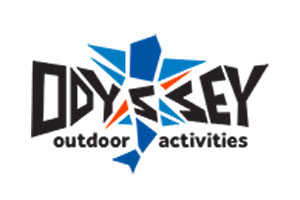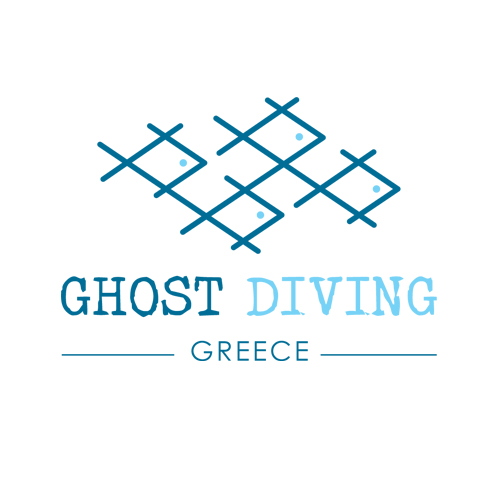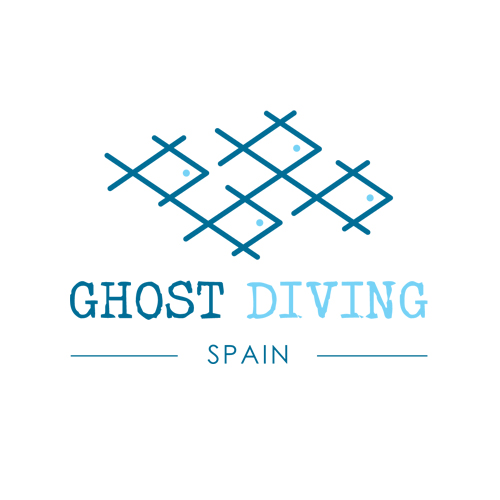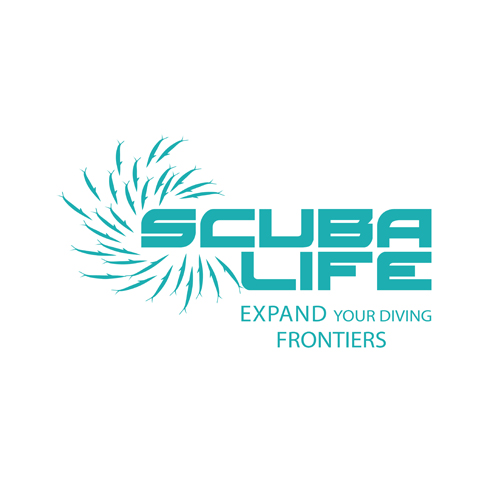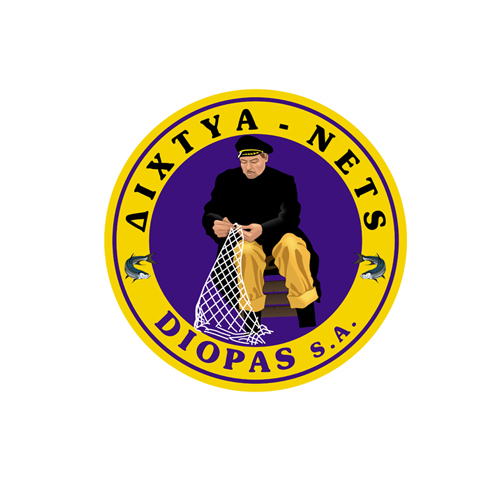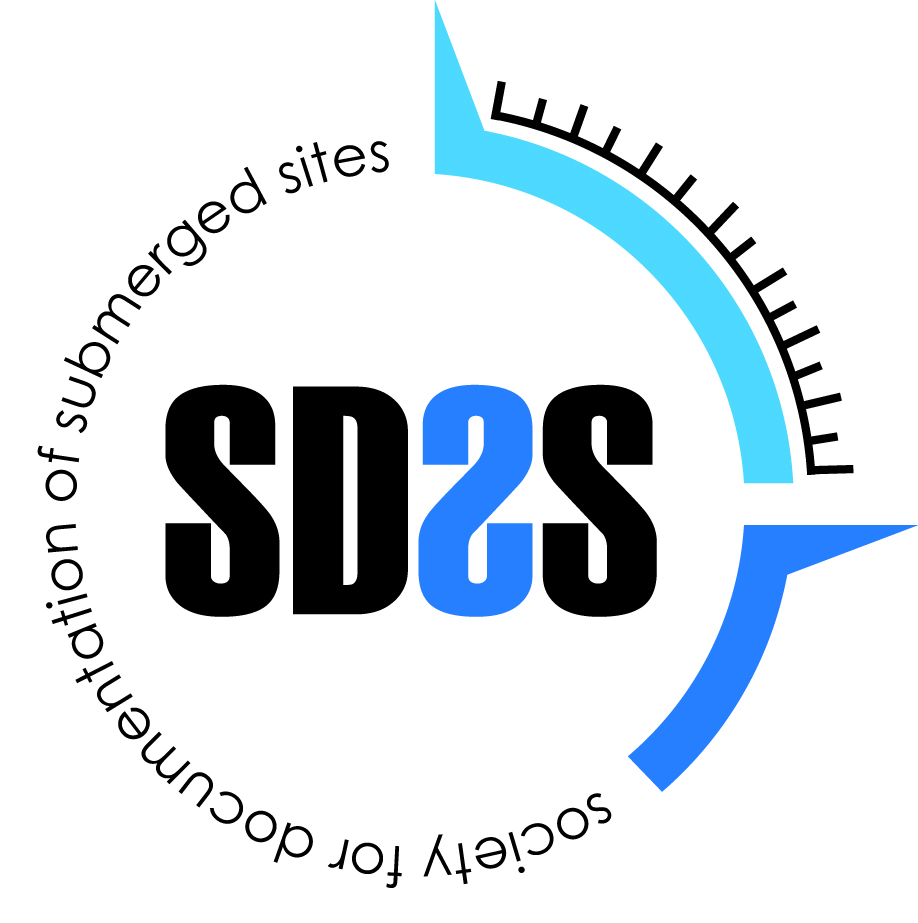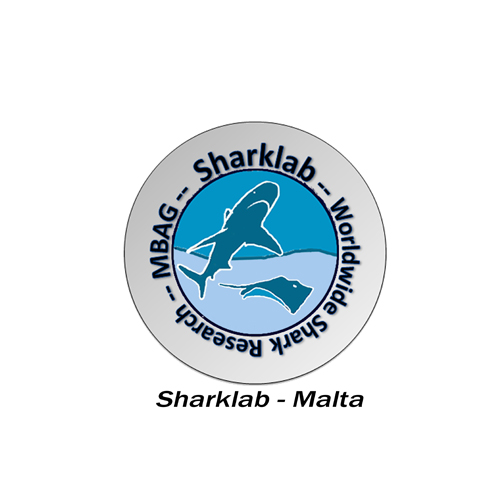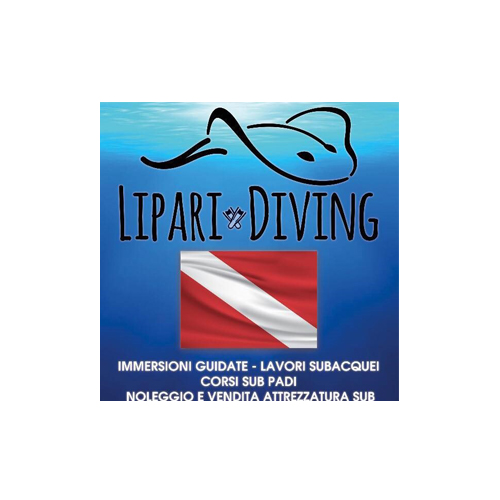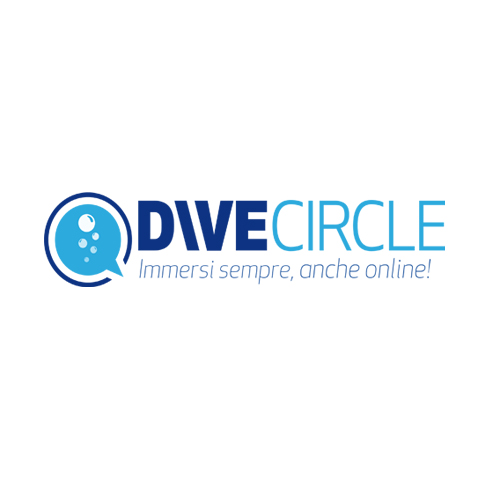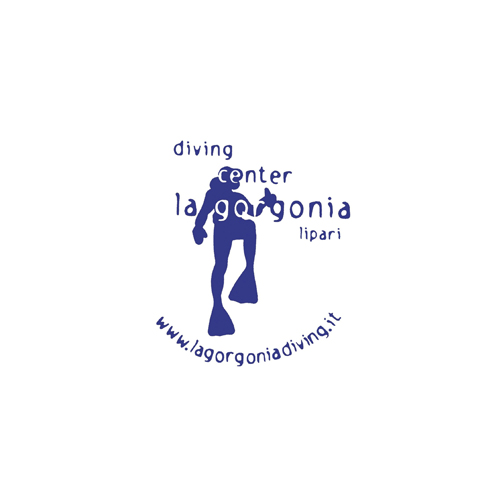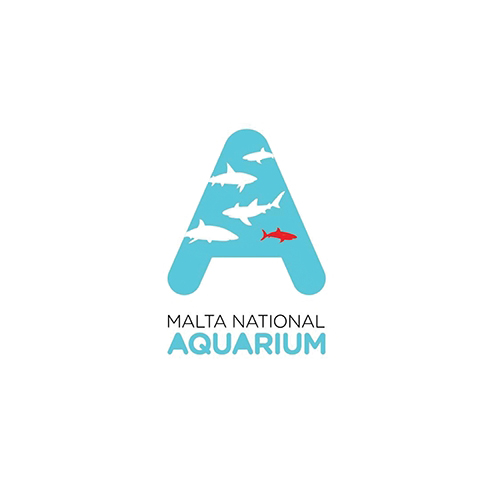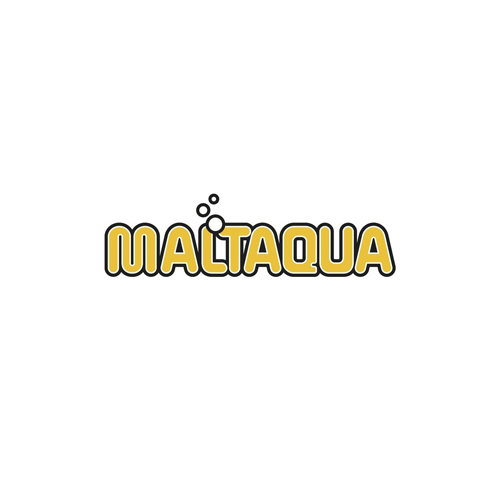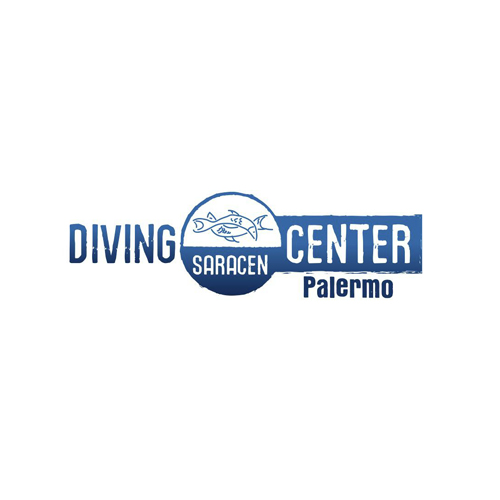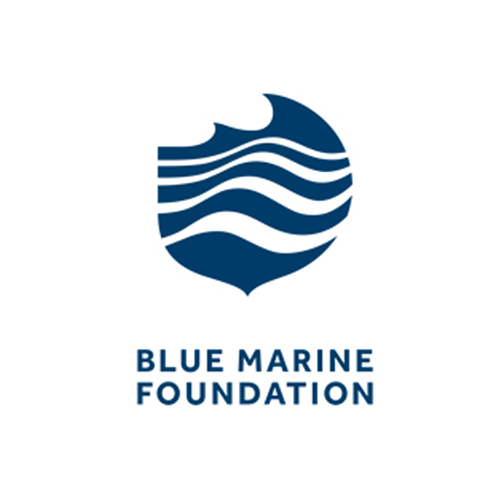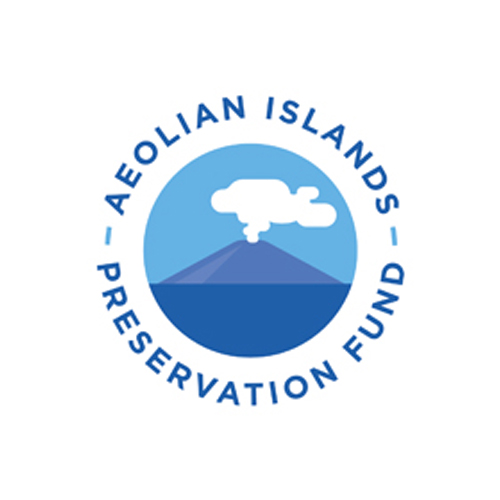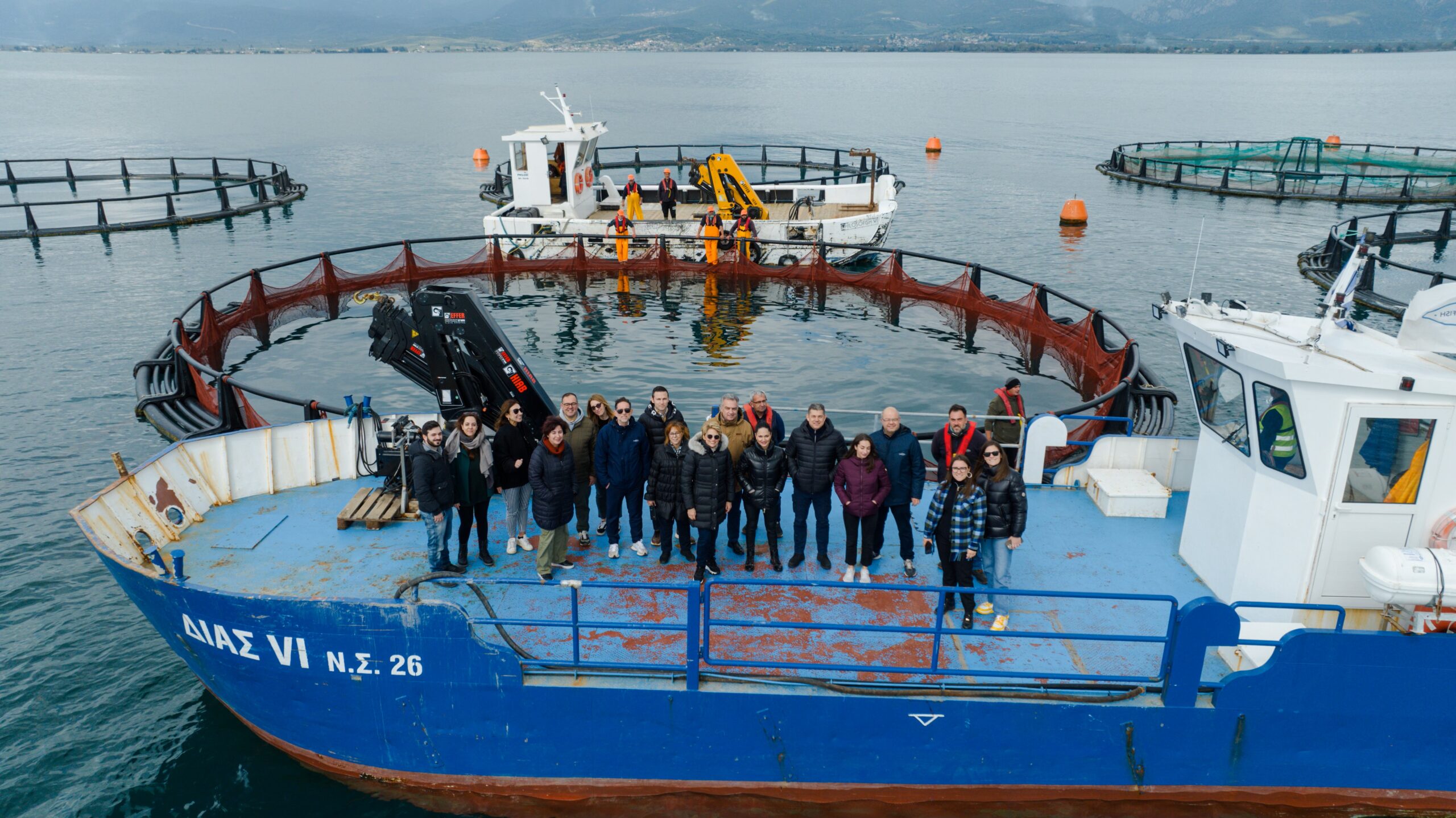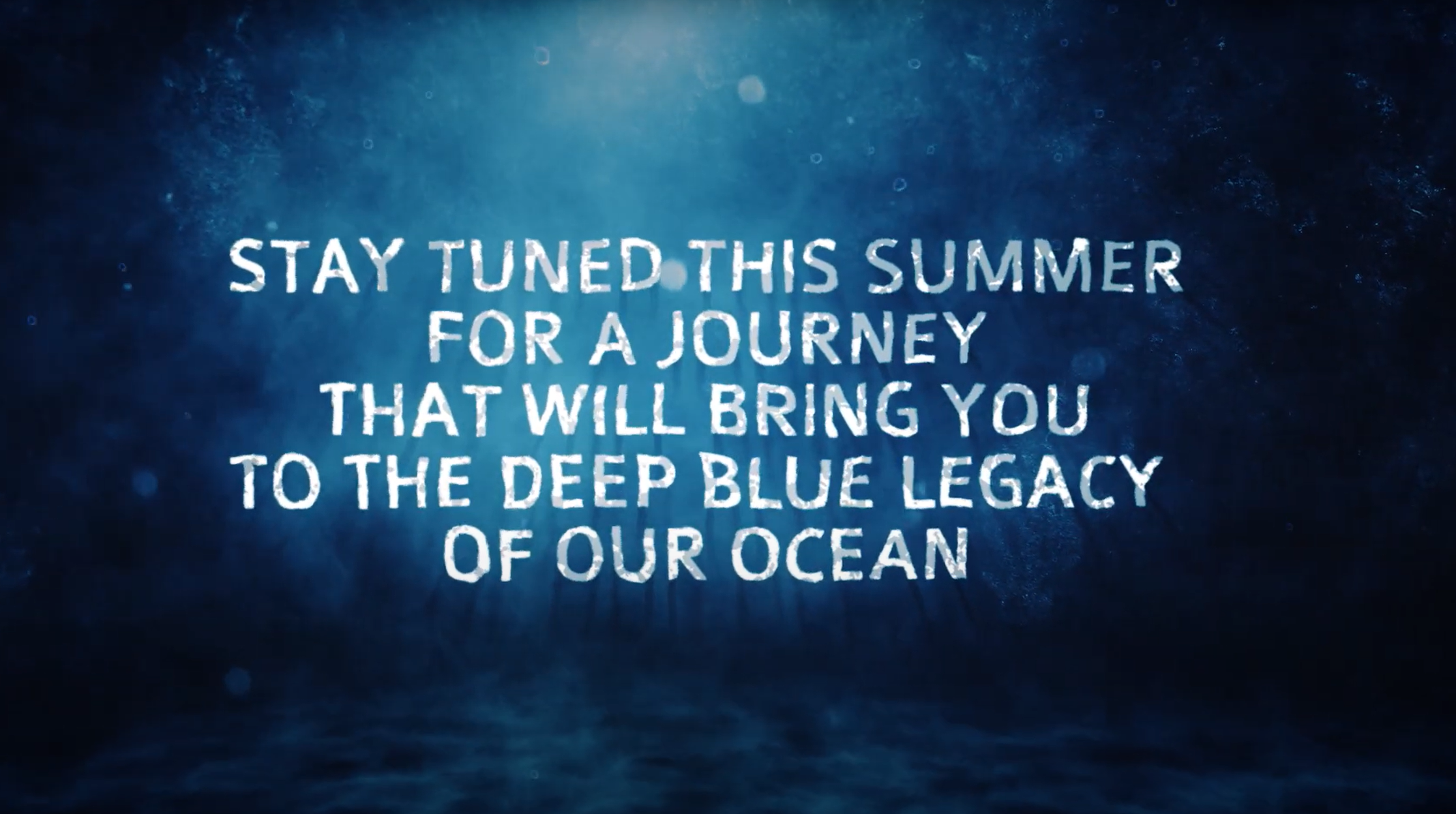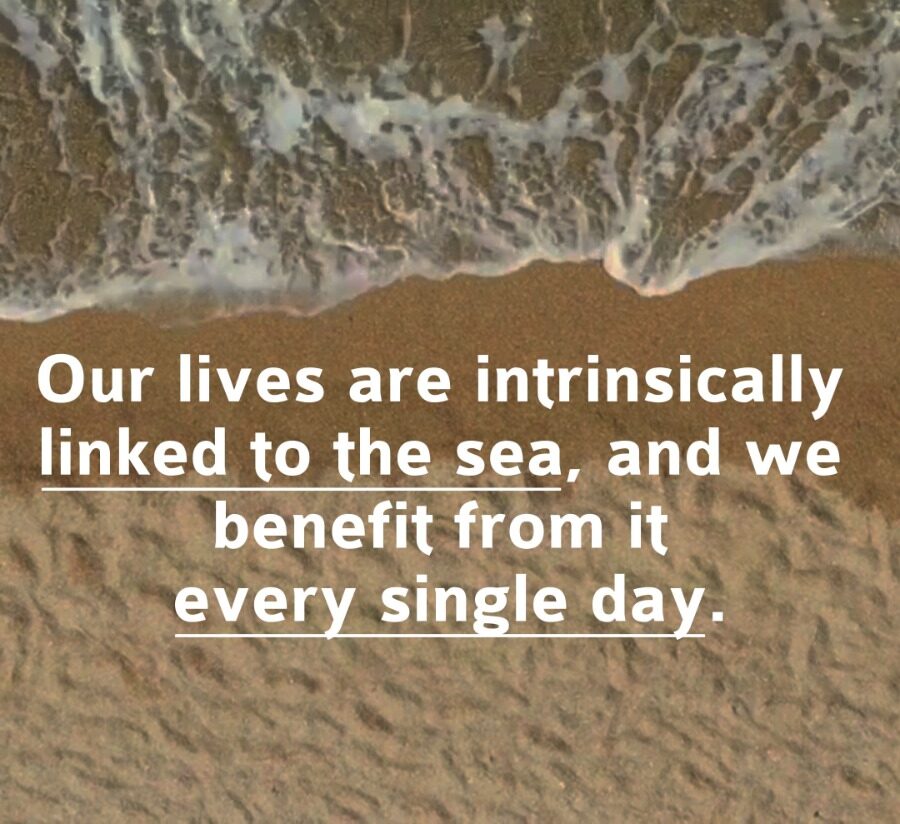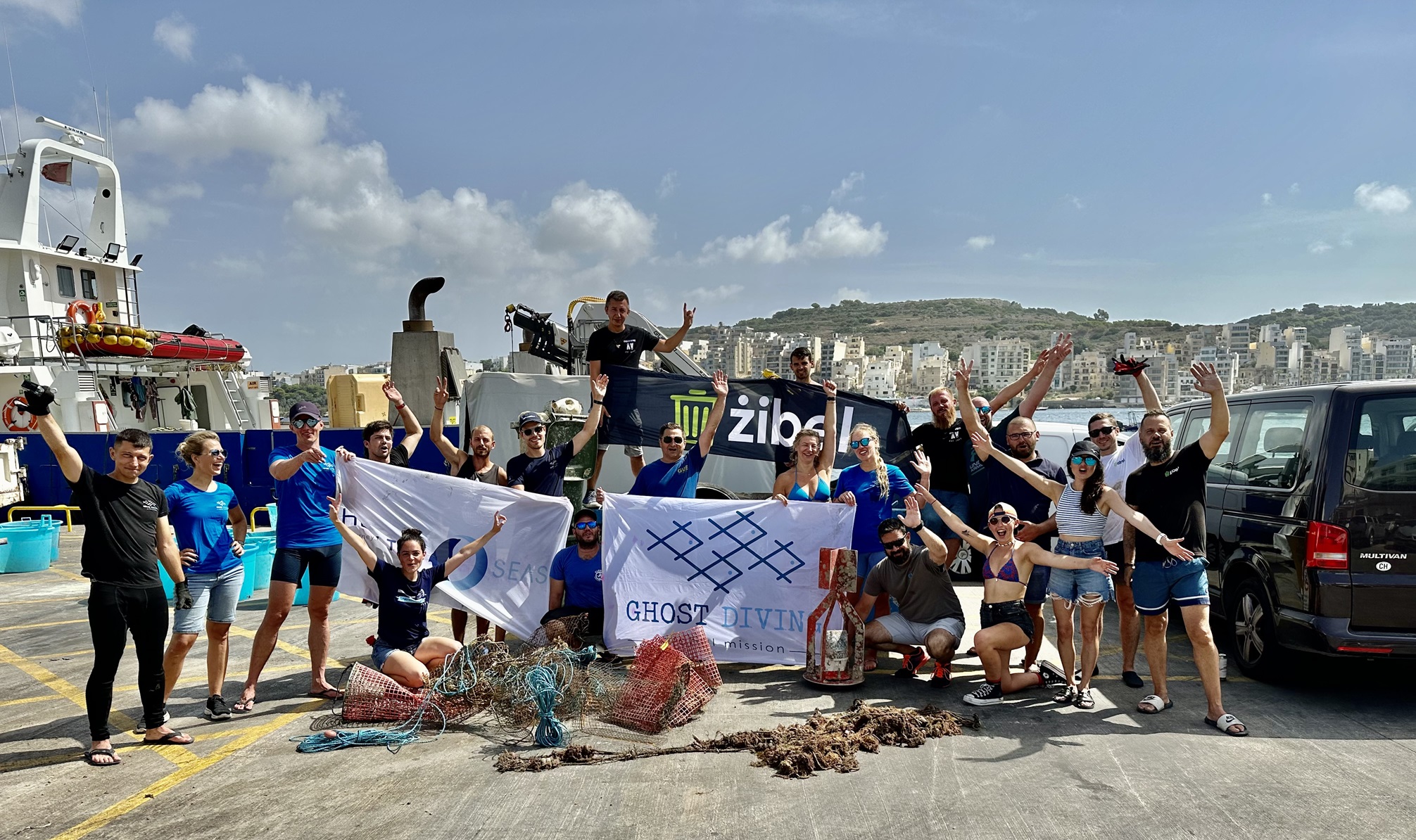Mediterranean Sea
The Mediterranean region is characterised by a unique, rich, yet fragile biodiversity, hosted by many diverse ecosystems across the region, which together form an invaluable natural capital on which populations and economies depend. It is estimated that between 10,000 and 12,000 marine species thrive in the Mediterranean Sea. Around 20–30% of these species are endemic. Many of these species are threatened by a range of human activities. Pollution from land-based sources, such as discharges of excess nutrients and hazardous substances, marine litter, over-fishing, and degradation of critical habitats, are responsible for this biodiversity loss. 1.
According to studies, the Mediterranean is the most polluted sea in Europe2. The millions of tons of waste that find their way into the sea each year result in seriously injuring or killing marine species and polluting their natural environment. Additionally, the region has been identified as one of the main climate change hotspots (i.e. one of the areas most responsive to climate change) due to water scarcity, concentration of economic activities in coastal areas, and reliance on climate-sensitive agriculture 3.
Greece
We work together with Ghost Diving Greece and Enaleia, to reduce the harm old fishing nets cause. Fishermen are encouraged to collect and dispose of their useless fishing nets on land, and collection points have been established in many harbours, such as Piraeus, Mikrolimano, Lavrio and Michaniona. Through our collaboration with Diopas, waste fishing nets from fisheries and fish farms are also collected in Northern Greece and transported for regeneration.
We held 2 massive projects on the mythical island of Ithaca in 2021 and 2022 that resulted in the recovery of 101 tonnes of fishing nets and other marine litter.
In 2021 and 2022 we recovered over 100 tons of marine litter from the island of Ithaca in cooperation with volunteers, partners, and supporters. This huge amount of marine pollution was visible from space and was caused by an abandoned fish farm – a ghost farm.
Find more information about our record-breaking projects here:
https://www.healthyseas.org/2021/06/02/journey-to-ithaca/
https://www.healthyseas.org/2022/06/08/healthy-seas-returns-to-ithaca/
Italy
We have been active in the Aeolian Islands and Lampedusa most recently, teaming up with underwater explorer Mario Arena and SDSS where several ships sunken during WWII Battle of the Convoys (1941-1943) were cleared of ghost nets.
Lampedusa is home to common bottlenose dolphins (Tursiops truncatus) which use the waters around the island throughout their entire life cycle. Less common visitors are fin whales (Balaenoptera physalus), a species which is classified as “vulnerable” within The IUCN Red List of Threatened Species. These huge whales can grow up to around 26 meters and were severely impacted by whaling. Luckily, their numbers seem to be recovering.
While marine mammals roam the pelagic zone of the Mediterranean Sea in Italy, wrecks are scattered on the sea floor. As they act as reef and provide shelter, wrecks can provide valuable habitats for marine life. At the same time, it is on wrecks that fishing nets get most often snagged.
Due to the high vulnerability of marine mammals to ghost gear entanglements, we are focusing our activities in the area on ghost net recoveries from wrecks.
One of our milestones within the area was an eight-day expedition where volunteer divers from five countries removed ghost gear from ships sunken during WWII in the Mediterranean Sea between Italy’s Lampedusa Island, and Tunisia.
Read more here: https://www.healthyseas.org/2023/07/07/massive-effort-to-protect-the-environment-and-historical-wrecks-takes-place-off-lampedusa/
Spain
The Ghost Diving Spain team joined us in 2021. While the volunteer diving team is protecting the thriving marine ecosystem underwater, they are also active with education programs in the greater Barcelona area. The education programs aim to educate school children about the rich biodiversity that’s at their doorstep, the need for its protection and the circular economy.
Not only is the “Costa Brava” (Wild Coast) known for its impressive rock formations and cliffs, but it also serves as a crucial migratory route for numerous marine species, offering vital breeding and feeding grounds. Above the waves, flamingos (Phoenicopterus roseus) and purple herons (Ardea purpurea) can be spotted along the shores and in salt marshes.
The Spanish shoreline extends for 1.600 km and plays a pivotal role in maintaining the overall health of the Mediterranean ecosystem.
Cyprus
Cyprus, characterized by its unique ecological features, is an important area for marine life. The prominence of Posidonia sea grass and the diverse ecosystem, which includes the presence of various species of rays, endangered Loggerhead Sea Turtles (Caretta Caretta) and Green Sea Turtles (Chelonia mydas), underscores its ecological significance.
A dedicated dive team with about 10 volunteers, removes mostly transparent Nylon gill nets which are the most dangerous type of ghost fishing gear as they are almost invisible underwater and therefore continue to efficiently catch marine life.
Lebanon
Lebanon, despite its ecological challenges, boasts a remarkable diversity of Mediterranean marine life, including fish, dolphins, and even occasional whale sightings along their migratory routes. Posidonia oceania meadows host a large variety of marine animals in different stages of their life. In total over 800 species of marine life are known to inhabit the waters off the Lebanese coastline. Unfortunately, due to the absence of stringent fishing regulations and/or their enforcement, Lebanese waters face a huge challenge.
Around 10 volunteer divers in Lebanon are involved in the removal of Nylon gill nets, small quantities of trawler nets, long lines, and some cages. Their cleanups make a real difference to marine wildlife and coastal communities.
Malta
Launched in September 2023, our activities in Malta, the world’s tenth-smallest country by area, promise to make a significant impact on this popular tourist destination. With strong local partners such as Zibel and Sharklab, we are dedicated to conserving the rich marine biodiversity in the Maltese archipelago, which includes Malta, Gozo, Comino, and the uninhabited islets of Kemmunett (Comminotto) and Filfla.
The Maltese archipelago is renowned for its diverse marine life, making it a popular destination for diving and snorkeling. The islands are home to an underwater world filled with colorful fish, coral reefs, and underwater caves. Sadly, at local fish markets shark and ray species can often be found, while bluefin thuna (Thunnus thynnus) are caught and cage-raised for export.
Our partners in the Mediterranean Sea
Related News
Pioneering Circular Economy in Fish Farming Nets
At Healthy Seas, we're dedicated to fostering collaborations that lead to innovative solutions for marine [...]
Revealing “Operation Deep Blue Legacy”: A Teaser of the Maritime Adventure to Come
Step into the realm of anticipation and excitement as we unveil a glimpse of [...]
Fishing for Solutions: Industry Partnerships for a Cleaner Sea
On this World Fisheries Day, we celebrate the intricate dance between humanity and the [...]
Sailing into a Greener Future: Healthy Seas and Zibel’s Long-Term Partnership Against Marine Pollution in Malta
Ahoy Ocean Advocates! We've got some exciting news to share – our latest dive with [...]
Together we can make
a positive impact for the planet!




